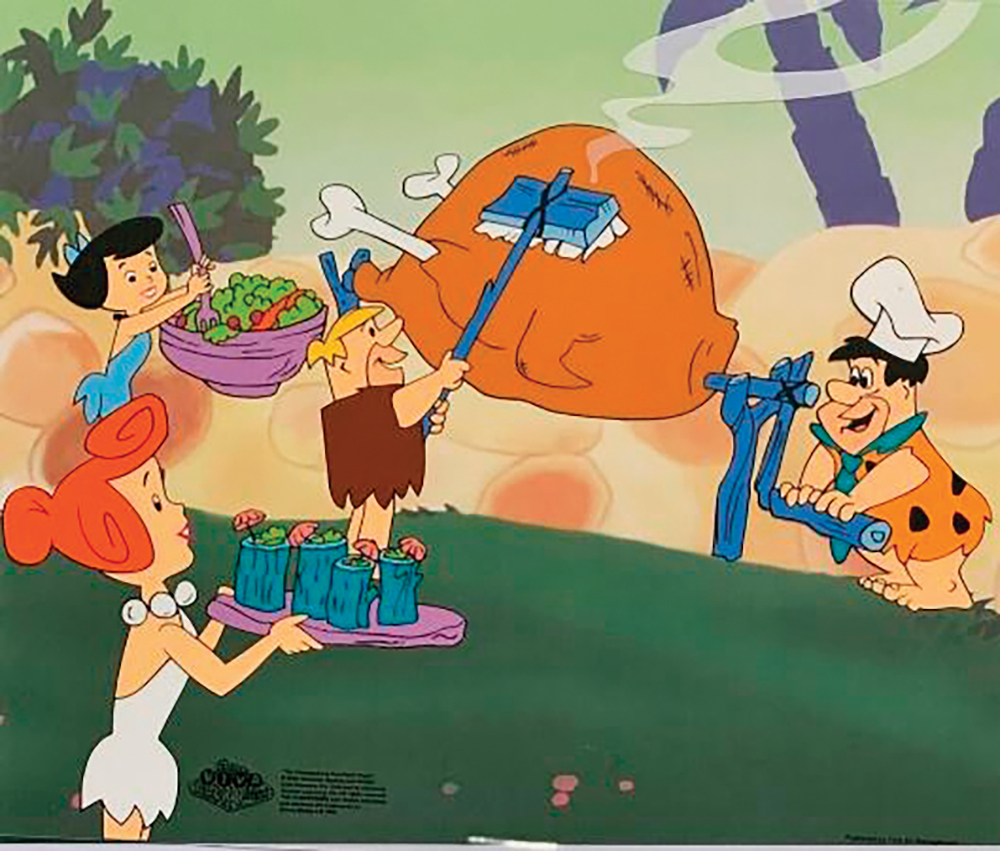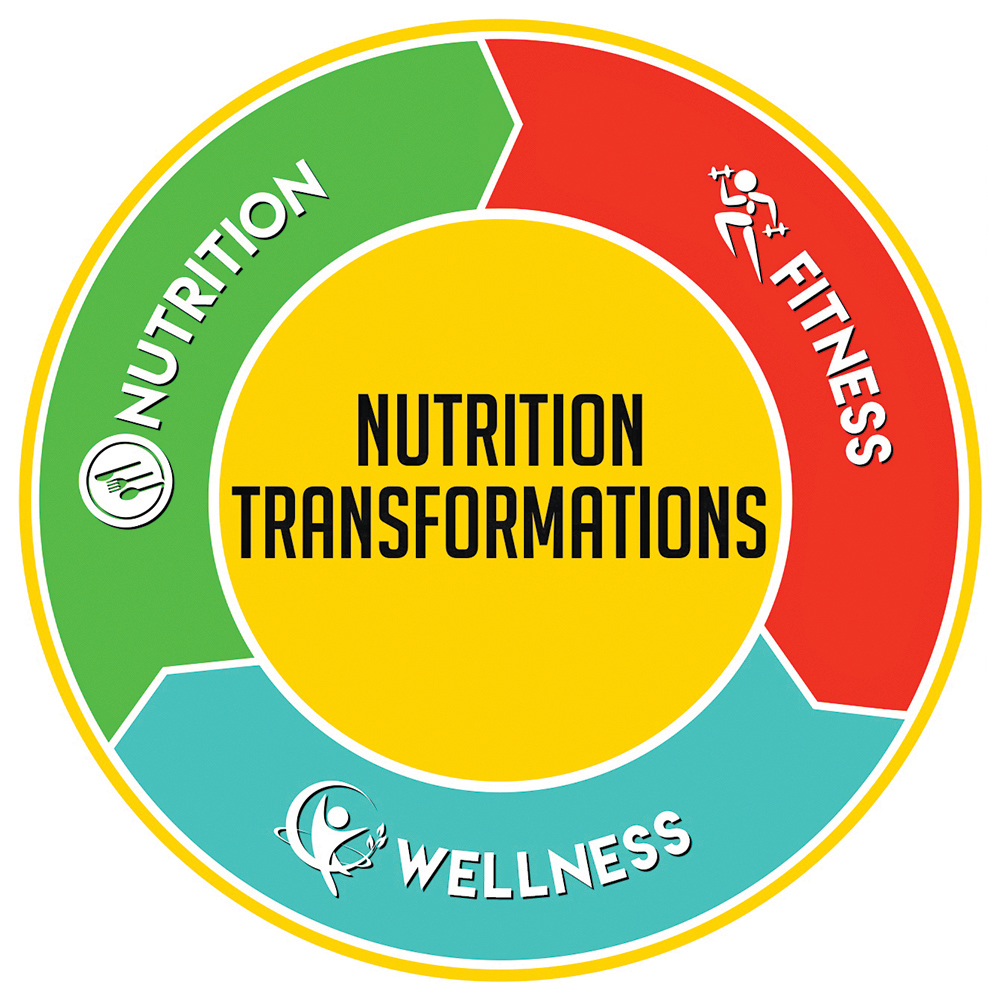
Dear Jenn,
I work hard at controlling my weight. I exercise regularly and try to eat healthy. In terms of weight control, in my experience, people tend to find wintertime difficult because they are inclined to be inactive and stay at home keeping warm. However, weirdly enough in terms of weight control, summer is more of a challenge for me. I have an outdoor swimming pool, so family and friends enjoy coming over to cool off, socialize and eat at my home. It’s enjoyable to host swim-grill parties over the summer months and I look forward to this time of year. The problem is even with daily exercise, I tend to gain unwanted weight over summer months. I thought exercising would keep my weight in check, but it does not! Can you explain this phenomenon?
Sincerely,
Exercising and Gaining Weight

Dear Exercising and Gaining Weight,
No matter what time of year, if one maintains activity and exercises regularly while being conscious of caloric intake, weight should be maintained. And if one is trying to lose weight, caloric intake must be reduced along with maintaining regular exercise. The season of the year should not be a factor.
It is enjoyable swimming outdoors in the summer months, especially at a private pool. However, if you regularly consume more calories than you expend at your home barbecue parties, weight gain will occur. Even though you are exercising, it is not compensating for the number of calories you are consuming. Therefore, plain, and simple, you are overeating!
True Hunger Versus Emotional Hunger
I have written extensively on this topic. True Hunger is when you have not eaten for hours, and the body requires nourishment and nutrient replenishment. In true hunger, the hormone ghrelin, known as the “hunger hormone,” will trigger you to feel hungry. This is real physical hunger. Your stomach is signaling you to eat. If you ignore the feeling of true hunger, you will feel physically hungry until you eat. When you eat in response to this type of hunger, the feeling goes away once your stomach is full. The hormone leptin lets the brain know that you have enough stored energy and are feeling full.
The hormone ghrelin plays a role in the short-term control of appetite, while leptin controls long-term weight control.
On the other hand, emotional eating is a psychological hunger. This type of hunger can occur after a solid meal has been eaten. Emotional hunger is the need to soothe your soul. Emotional eating comes in various forms, such as watching TV and binging mindlessly, speaking on the phone and munching without paying attention to what you are eating or how much of it, and overeating at a party, including barbecues.
Emotional eaters are not always aware of how much food is being ingested when indulging in this destructive behavior. The act of chewing and swallowing is very stimulating due to the hormone dopamine, the pleasure hormone. Therefore, one eats without really being mindful. Later, there are feelings of guilt and regret. Unfortunately, emotional eating jeopardizes weight-loss efforts as well as efforts to maintain weight that has been lost. In addition, general health can be adversely affected.
If you believe you are an emotional eater the next time you feel hungry after a meal, ask yourself: Am I really hungry or just want to munch?
A Word About Alcohol
Sitting by the pool, socializing and nibbling on hors d’oeuvres and sipping alcoholic beverages can be relaxing but also caloric. Chips and pretzels with dips are fattening. Alcohol is caloric and considered “empty calories” as well. A 12-ounce bottle of regular beer contains 153 calories. Beer with an even higher alcohol content can be anywhere from 170 to 350 calories for 12 ounces. A glass of red or white wine on average contains 200 calories.
Hanging out by a pool or outside in the backyard munching and drinking beer or wine adds unwanted calories to the diet. Exercising and Gaining Weight: Are you doing this excessively over the summer? Noshing and consuming caloric beverages while entertaining at the pool? If you are, it probably feels relaxing and fun, but may be part of your weight-gain problem.
If keeping your figure is important to you, read the below suggestions to help maintain that svelte look.
Suggestions to Avoid Weight Gain Over the Summer Party Season:
- Control daily calories by counting them. Adjust your caloric intake by what your bathroom scale indicates. If you are gaining weight, reduce your daily calorie intake.
- When preparing barbecue foods, avoid high salt, sugar, fattening sauces and dips. Instead add fresh herbs and spices and low-calorie types of dressings or condiments to foods, including those to be grilled.
- Be conscious of noshing at the pool site. Avoid engaging. Drink ice water or a low-calorie beverage. Snack on fresh veggies with a low-calorie dip.
- Control complex carbohydrates at meals. Be mindful of portions. If you choose to consume a large corn on the cob, avoid consuming potatoes and beans at the same meal.
- Fill your plate with low-calorie, high-nutrient fresh salad. Measure the portion of dressing you are splashing on salads.
- Enjoy low-calorie, high-nutrient fresh grilled vegetables.
- Fresh fruit is a great selection for dessert.
- Be mindful of alcoholic beverages. They are empty calories.
- Avoid high-sugar beverages such as soft drinks and sport drinks. Select low-calorie beverages or water. Personally, I enjoy ice coffee—either regular or decaffeinated varieties—during the summer months.
- Keep daily exercise routines! Exercise will jump-start your metabolism and keep the body healthy, fit and strong. If you control calories and exercise together, weight will be manageable. Remember, weight-control diets and exercise routines are teammates to keep weight in check.
- When summer partying, be mindful of fullness and emotional eating tendencies. Ask yourself: Am I truly hungry or just want to eat because it’s the thing to do and feels fun? If you feel stuffed after a party, it is a sign of overeating.
Conclusion
Exercising and Gaining Weight, it is wonderful that you enjoy summer months at your poolside enjoying time with family and friends. The suggestions above should help address the problem with your summer weight gain. I strongly recommend counting your daily calories and adjusting them as per weight status. At barbecues be mindful of portion sizes and avoid taking second helpings. Instead, eat slowly, savor your food, concentrate on conversation and drink water to fill yourself. Consider the ingredients that you cook with. Lastly, keep up the exercise but balance it with caloric intake. Have a lovely summer!
Yours in good health,
Jenn Chapler MS RD CDN
718-644-138








